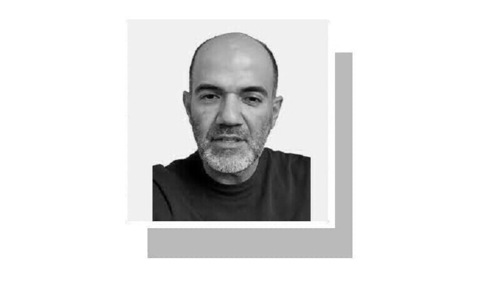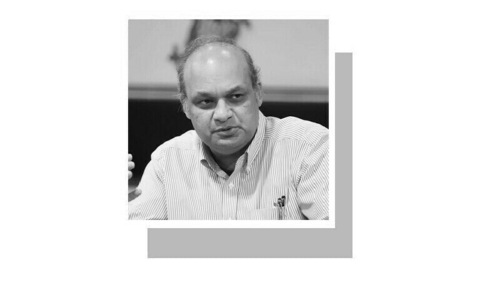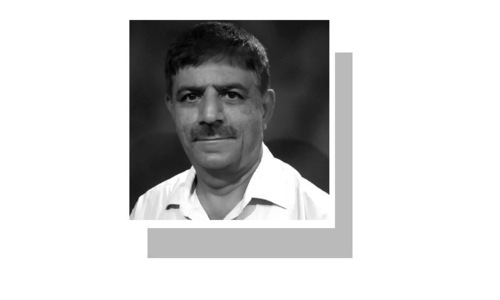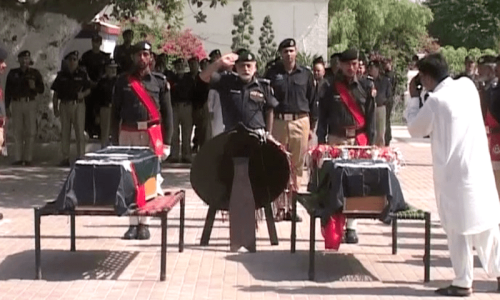THE Sindh government recently called upon all members of provincial assembly (MPAs) to take direct responsibility for managing and developing three schools within their constituencies. This initiative is aimed at fostering a sense of ownership and accountability among elected representatives. While this proposal appears promising, a closer examination reveals a range of potential merits and demerits, as well as several underlying challenges that need to be addressed.
One of the primary advantages of the initiative is the potential for increased accountability. The initiative could en- courage broader collaboration, and serve as a platform for the MPAs to understand the unique challenges faced by schools.
Despite the potential benefits, there are significant concerns regarding the feasibility and effectiveness of the proposal. One of the primary challenges is the lack of expertise among most MPAs. In Sindh, a substantial number of elected repres- entatives do not possess the necessary qualifications or experience in the ed- ucation sector. As such, without a solid understanding of educational principles and best practices, there is a risk that well-intentioned efforts may fall short or even exacerbate existing problems.
Corruption and nepotism are pervasive issues within the political landscape of Sindh, and there is a legitimate concern that this initiative could be exploited for personal gains.
Unfortunately, the involvement of MPAs in school management may lead to the politicisation of educational institutions, where appointments, resource allocations as well as other critical decisions may get influenced by political affiliations rather than merit.
It is crucial to provide training and support to the MPAs before they get involved in school management. Besides, a robust framework for accountability and transparency should be established. Finally, creating a transparent system for addressing grievances will foster trust and confidence among the stakeholders.
Ali Gul Leghari
Johi
Published in Dawn, August 28th, 2024












































Dear visitor, the comments section is undergoing an overhaul and will return soon.